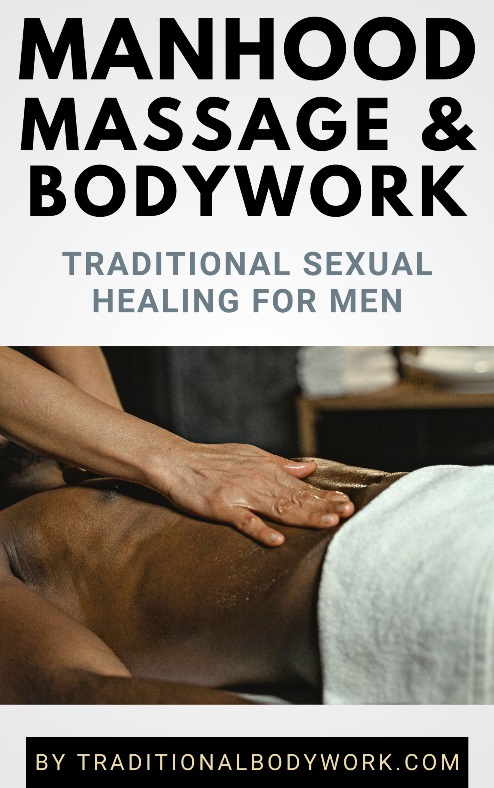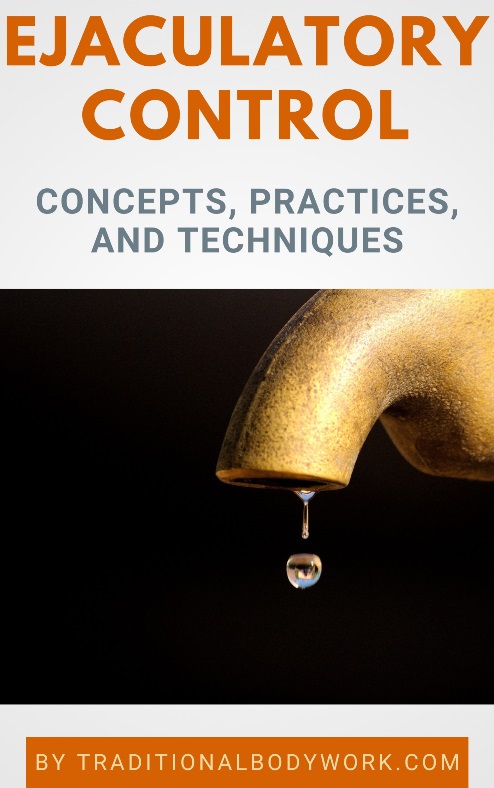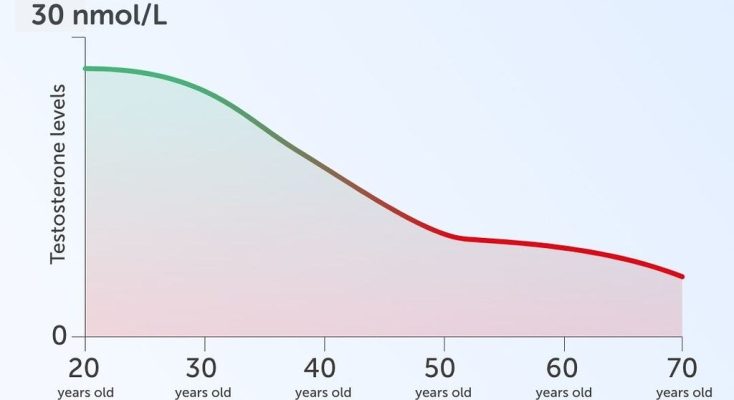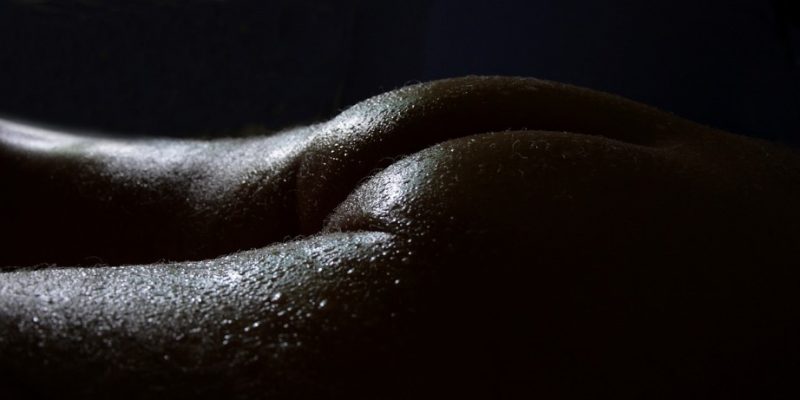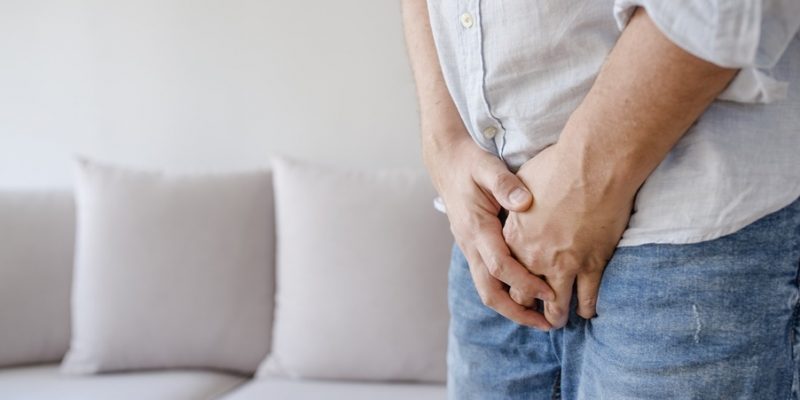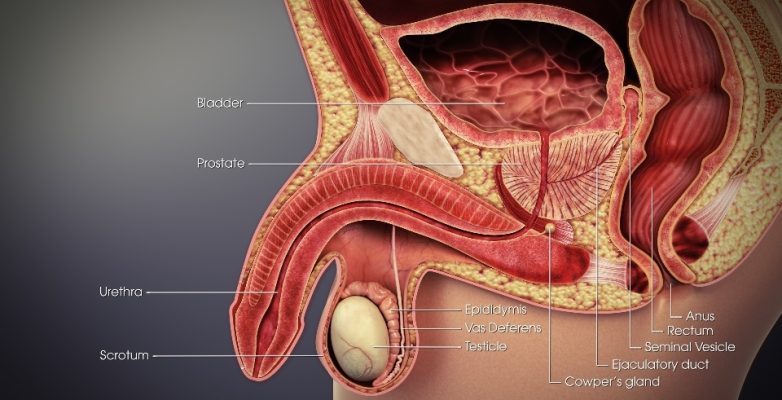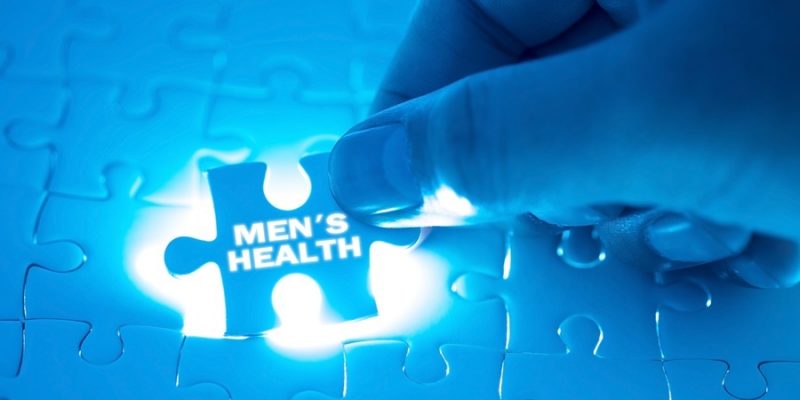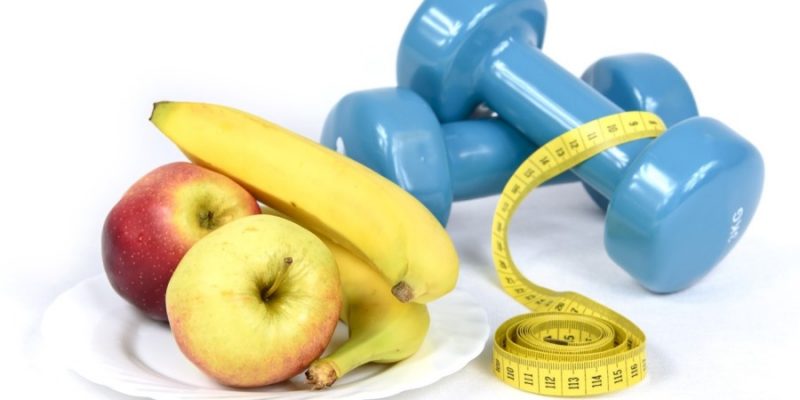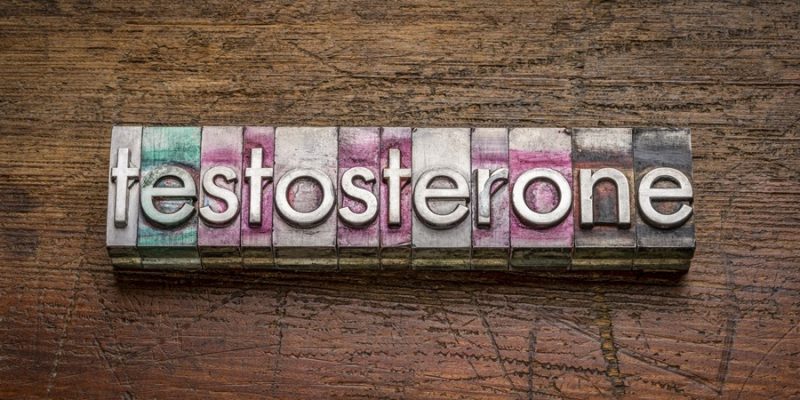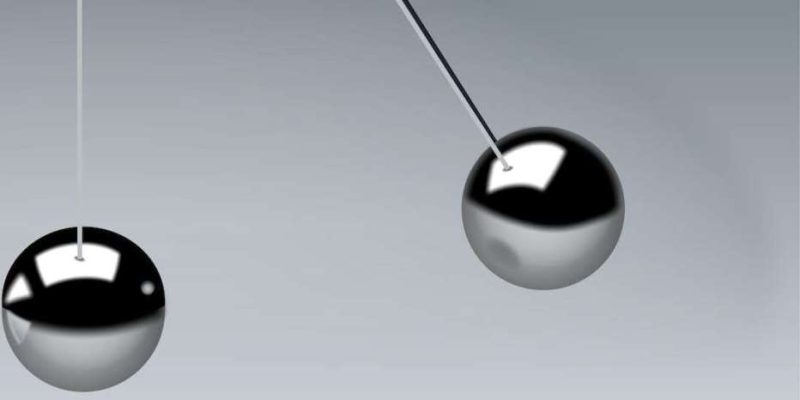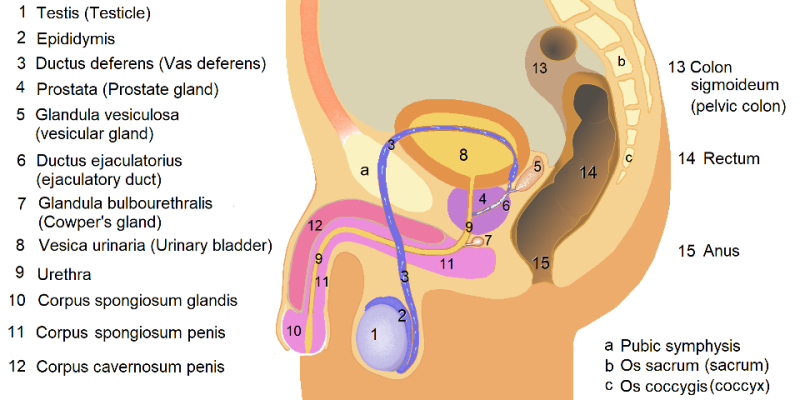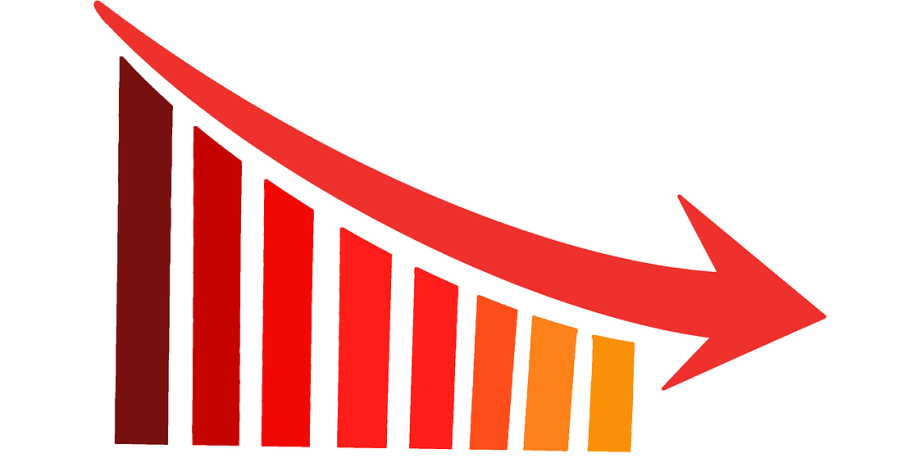
Hypogonadism in men means diminished functional activity of the testicles, which typically result in diminished production of sex hormones (androgens, estrogens and progestogens).
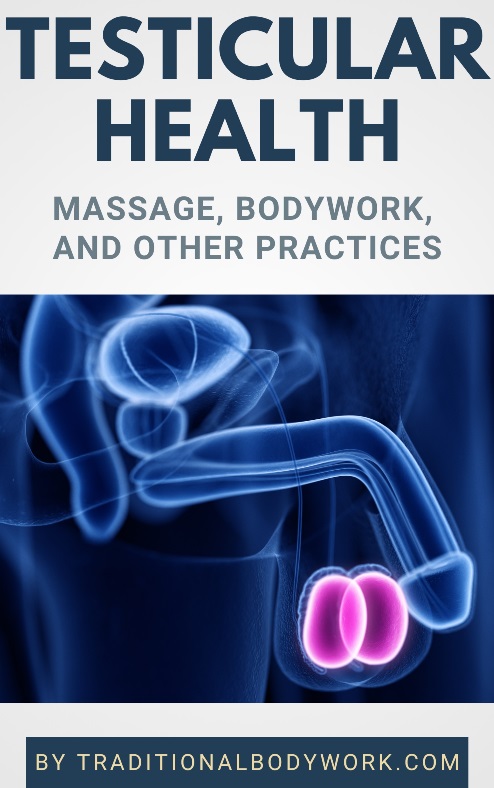
In men, hypogonadism is associated with low testosterone levels, but other important hormones are equally affected, which, for instance, include progesterone, dehydroepiandrosterone (DHEA), anti-Müllerian hormone, estradiol, activin, and inhibin.
An important consequence of hypogonadism may be insufficient sperm development (spermatogenesis) which can result in partial or complete infertility.
In addition, deficiency of sex hormones can result in defective primary or secondary male sexual development, such as impaired muscle and body hair development, gynecomastia (overdevelopment or enlargement of the breast tissue in men or boys), decreased height, underdevelopment of the penis and testes, less voice deepening, Erectile Dysfunction (ED), low libido (low sex drive), and other sexual difficulties.
Other symptoms may include depression, decreased endurance, hot flashes, increased body fat, and problems concentrating or remembering things.
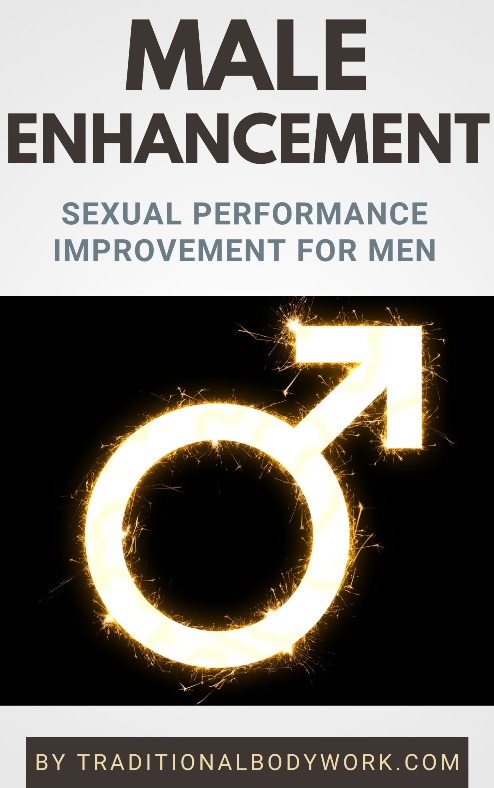
There can be many reasons for hypogonadism, which may include injuries to the testicles, obesity, aging, Type 2 diabetes, Klinefelter syndrome, Turner syndrome, Noonan syndrome, mumps, hypothalamic or pituitary defects, opioid use, traumatic brain injury, and anabolic steroids overuse, among other causes.
The most common form of treatment is Testosterone Replacement Therapy if men are not trying to conceive a baby because taking external testosterone impairs sperm production and fertility.
Nevertheless, there are also other treatment options for hypogonadism, notably advised when men want to maintain their fertility. Think, for instance, of Manhood therapies or alternatively other pharmaceuticals instead of anabolic steroids.

